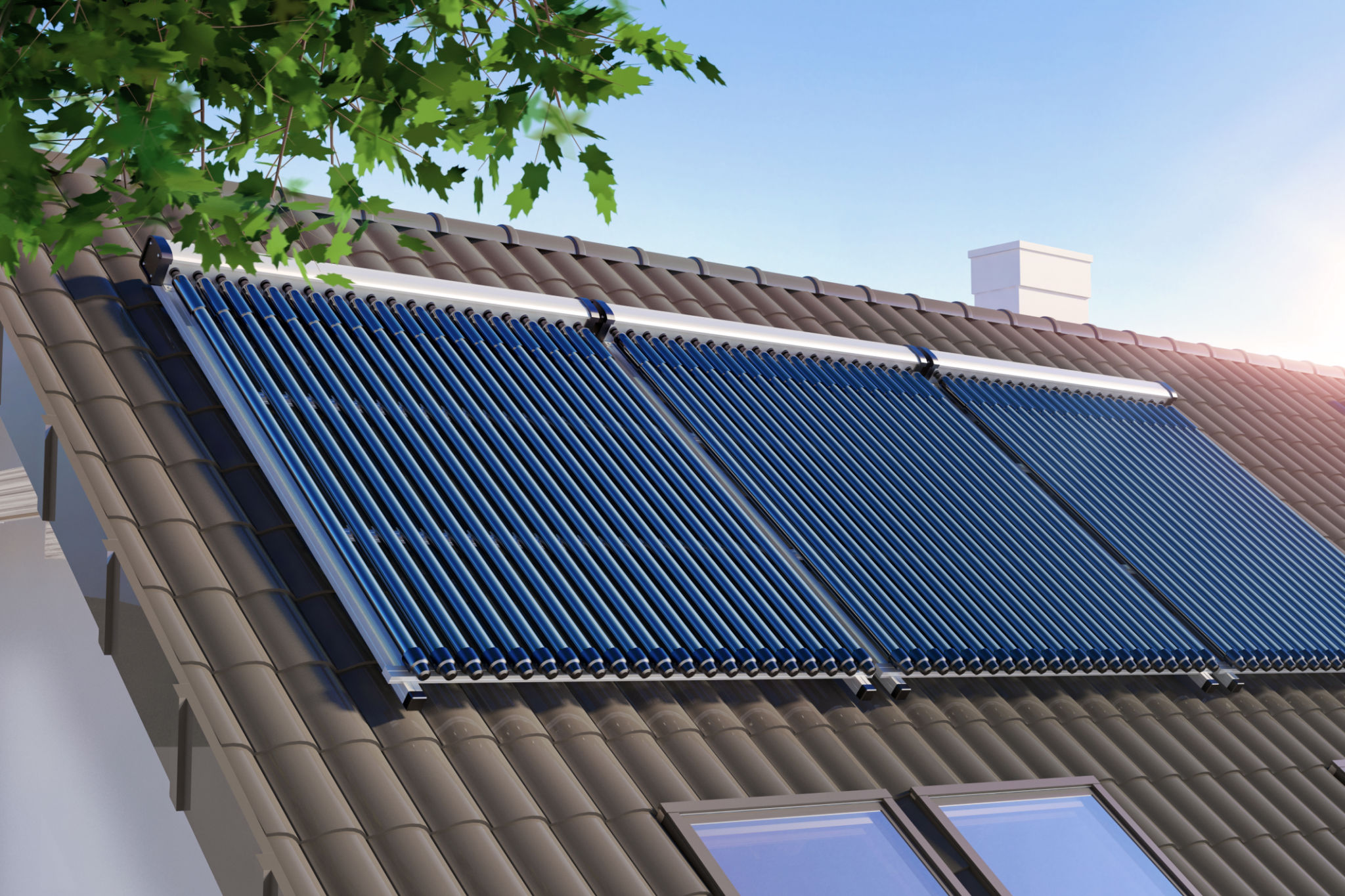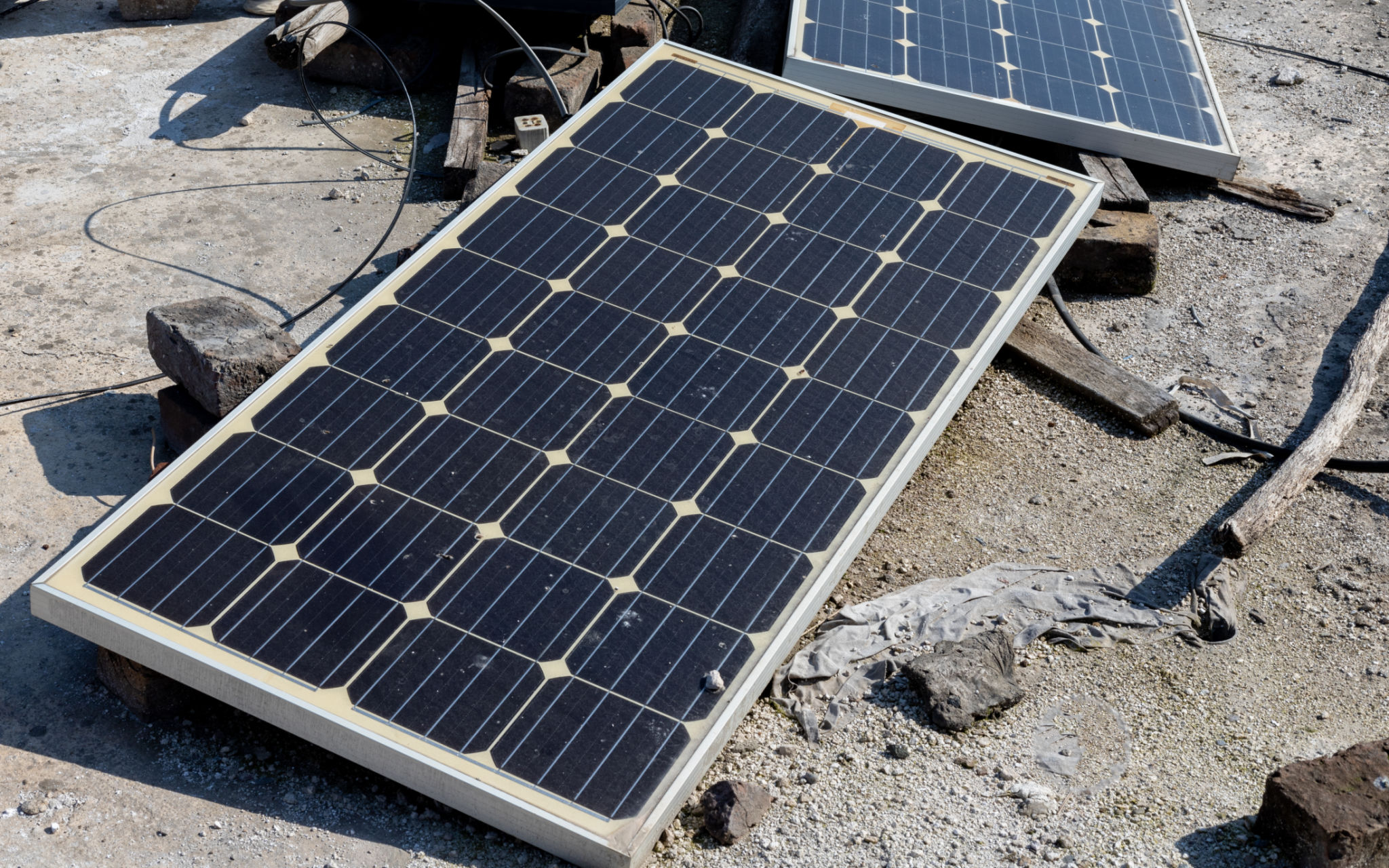Understanding Solar Panel Efficiency: What Homeowners in qathet Regional District Need to Know
Introduction to Solar Panel Efficiency
As more homeowners in the qathet Regional District consider sustainable energy solutions, understanding solar panel efficiency becomes crucial. This key metric determines how well a solar panel can convert sunlight into usable electricity. The higher the efficiency, the more energy you can generate from a given amount of sunlight, potentially reducing the number of panels needed for your home.

How Solar Panel Efficiency is Measured
Solar panel efficiency is expressed as a percentage, representing the fraction of sunlight that can be converted into electricity. For instance, if a solar panel has an efficiency of 20%, it converts 20% of the sunlight it receives into electrical power. This is determined under standard test conditions, which include a temperature of 25°C and a solar irradiance of 1000 watts per square meter.
The Impact of Temperature on Efficiency
Temperature plays a significant role in solar panel efficiency. Generally, higher temperatures can reduce efficiency as they increase the resistance within the solar cells. This means that while the qathet Regional District enjoys abundant sunshine, cooler conditions can actually enhance panel performance. Ensuring proper ventilation and choosing panels designed to perform well in varying climates can help mitigate temperature impacts.

Factors Influencing Solar Panel Efficiency
Several factors influence the efficiency of solar panels. These include:
- Quality of Materials: High-quality materials typically lead to higher efficiency.
- Panel Design: The design and technology used, such as monocrystalline or polycrystalline cells, affect efficiency.
- Installation: Proper installation ensures optimal angle and orientation, maximizing exposure to sunlight.
Types of Solar Panels
There are different types of solar panels available, each with varying levels of efficiency:
- Monocrystalline Panels: Known for their high efficiency and sleek appearance.
- Polycrystalline Panels: Typically less expensive but also slightly less efficient.
- Thin-Film Panels: Flexible and lightweight, but generally less efficient compared to crystalline panels.

Maximizing Solar Panel Efficiency
To maximize solar panel efficiency, homeowners should ensure regular maintenance and cleaning to remove dust and debris that can obstruct sunlight. Additionally, trimming nearby trees and avoiding shading from buildings or other structures can improve performance. Engaging with a professional installer who understands local conditions can also make a significant difference.
The Benefits of Efficient Solar Panels
Investing in high-efficiency solar panels offers multiple benefits. Not only do they generate more electricity per square meter, but they also help you achieve energy independence faster. Furthermore, efficient panels can increase the value of your property and reduce your carbon footprint more effectively.

Conclusion
For homeowners in the qathet Regional District, understanding solar panel efficiency is essential for making informed decisions about sustainable energy solutions. By considering factors such as temperature effects, panel type, and installation practices, you can optimize your solar investment for maximum benefit. As technology continues to advance, future innovations promise even greater efficiency, making now an exciting time to explore solar energy.